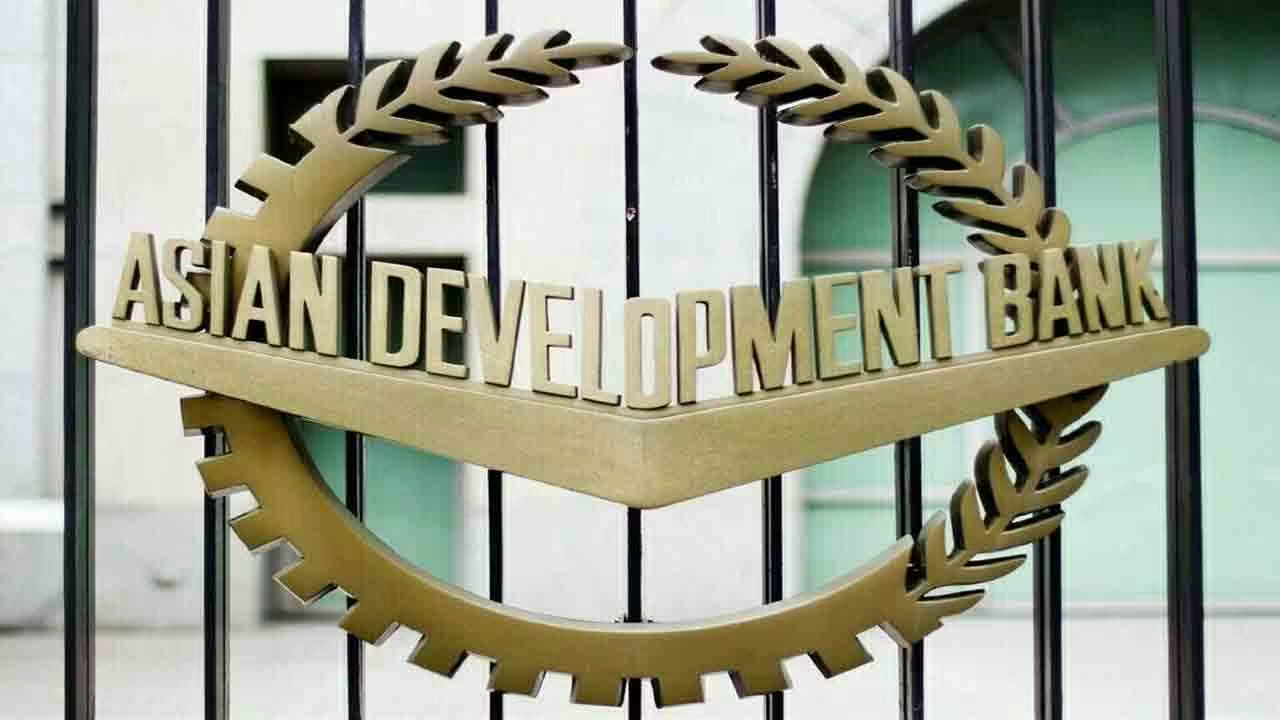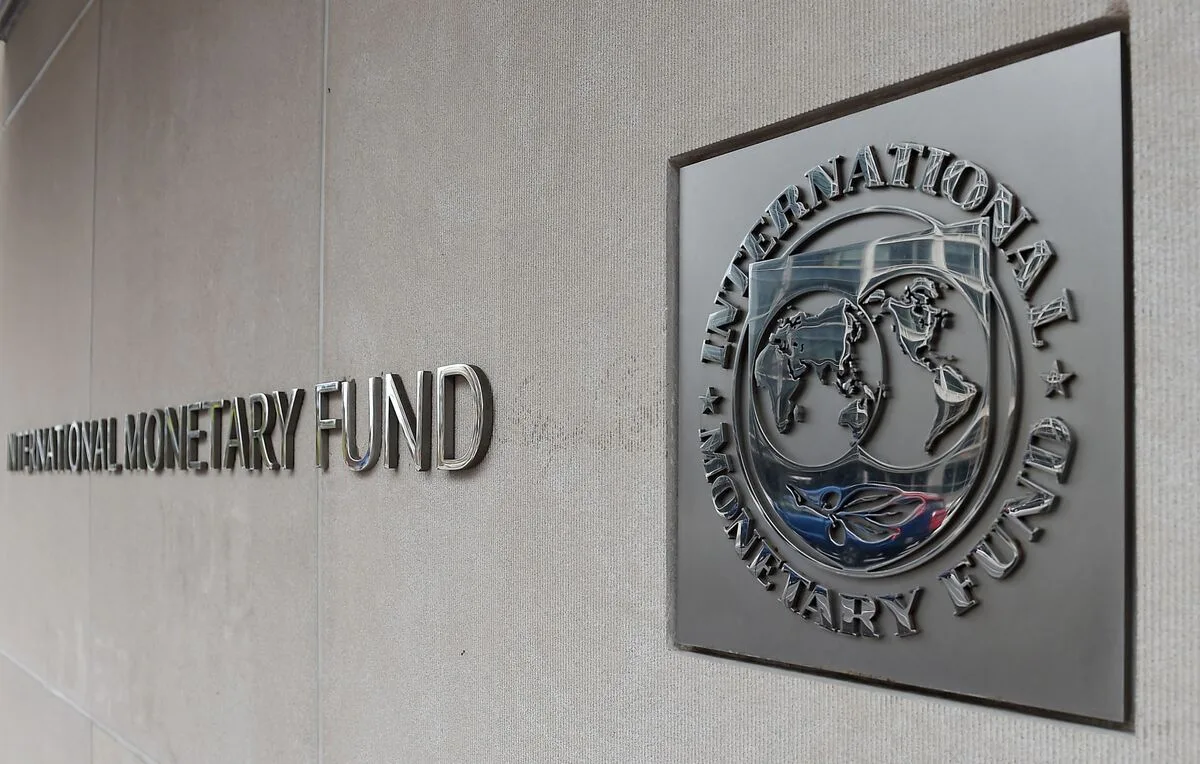The Asian Development Bank (ADB) has announced a significant financial intervention to aid the flood victims in Sindh, Pakistan. According to a statement released by ADB, a loan amounting to $400 million has been earmarked for the rehabilitation and relief of those affected by the devastating floods. This substantial funding will be utilized for the Sindh Emergency Housing Project, a comprehensive initiative aimed at rebuilding and restoring the lives and homes of the flood-stricken population.
Sindh Emergency Housing Project: A Lifeline for Flood Victims
The Sindh Emergency Housing Project is designed to provide much-needed support to the flood victims, focusing primarily on the reconstruction of their homes. The project aims to rebuild houses that were destroyed or severely damaged by the floods, ensuring that the affected families can return to safe and secure living conditions. ADB’s commitment to this project underscores the importance of rapid and effective response to natural disasters, highlighting the need for international cooperation and financial support in times of crisis.
Comprehensive Cash Assistance Program
A central component of the Sindh Emergency Housing Project is the provision of cash assistance to the flood victims. The project plans to extend financial aid to approximately 250,000 flood-affected individuals, empowering them to rebuild their homes. This cash assistance program is crucial as it allows the beneficiaries to have control over the rebuilding process, tailoring it to their specific needs and preferences. Such an approach not only accelerates the rehabilitation process but also ensures that the assistance is utilized in the most effective manner.
Rebuilding Lives and Homes
The devastating floods in Sindh have left countless families homeless, causing widespread displacement and hardship. The $400 million loan from ADB represents a beacon of hope for these families, providing them with the necessary resources to rebuild their lives. The reconstruction of homes is a fundamental step in the recovery process, as it restores a sense of normalcy and security. The Sindh Emergency Housing Project is expected to have a profound impact on the affected communities, helping them to overcome the immediate challenges posed by the floods and to embark on a path of long-term recovery and development.
ADB’s Commitment to Disaster Relief
ADB’s involvement in the Sindh Emergency Housing Project is part of its broader commitment to disaster relief and sustainable development. Over the years, ADB has played a pivotal role in providing financial and technical assistance to countries affected by natural disasters, helping them to recover and rebuild. The $400 million loan for Sindh is a testament to ADB’s dedication to supporting vulnerable communities and enhancing their resilience against future disasters.
The Road Ahead: Implementation and Impact
The successful implementation of the Sindh Emergency Housing Project will require coordinated efforts between the government of Pakistan, local authorities, and ADB. Ensuring that the financial assistance reaches the intended beneficiaries promptly and efficiently is critical. Transparent and accountable mechanisms will be essential to monitor the progress of the project and to address any challenges that may arise during its execution.
The impact of this project extends beyond the immediate relief and rehabilitation. By rebuilding homes, the project also aims to revitalize the local economy, generate employment opportunities, and improve the overall quality of life for the flood victims. The reconstruction efforts will involve local labor and resources, thereby fostering economic activity and community participation.
A Step Towards Resilience
The $400 million loan from ADB for the Sindh Emergency Housing Project is a significant step towards mitigating the effects of the floods and rebuilding the affected communities. It exemplifies the power of international cooperation and the critical role of financial institutions in addressing humanitarian crises. As the project progresses, it is expected to provide not only immediate relief but also long-term benefits, enhancing the resilience of the communities against future disasters.
The commitment to rebuild and restore the lives of the flood victims in Sindh reflects a collective effort to support those in need and to build a more resilient and sustainable future. Through initiatives like the Sindh Emergency Housing Project, the affected communities can hope for a better tomorrow, marked by recovery, development, and renewed hope.



